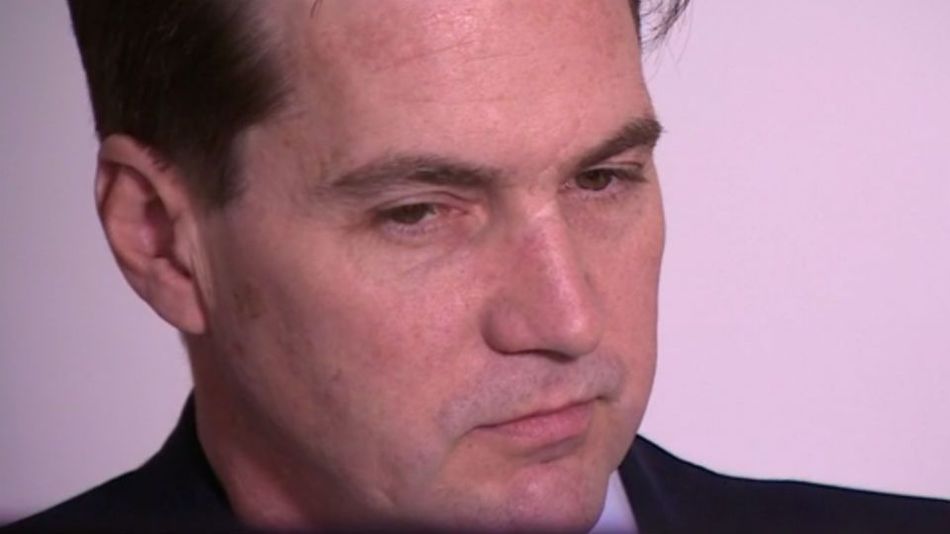
Craig Wright Faces Potential Perjury Charges Over False Bitcoin Creator Claims
In a significant development in the cryptocurrency world, Australian computer scientist Craig Wright has been referred to the UK’s Crown Prosecution Service (CPS) for potential perjury charges. This referral comes after a London High Court judge found that Wright had lied extensively and forged documents to support his false claim of being Satoshi Nakamoto, the pseudonymous creator of Bitcoin.
Judge James Mellor, who presided over a case brought by the Crypto Open Patent Alliance (COPA) against Wright, stated in a written judgment on July 16, 2024, that he had “no doubt” about referring the case to the CPS. The judge cited Wright’s “wholescale perjury and forgery of documents” as the basis for this decision.
The case, which concluded in March 2024, saw Judge Mellor rule that Wright was not Satoshi Nakamoto or the author of the Bitcoin whitepaper. The judge described the evidence against Wright as “overwhelming,” noting that he had engaged in “clumsy fabrications” and forgeries “on a grand scale.”
As part of the ruling, Wright has been ordered to pay substantial costs, amounting to more than £5.9 million ($7.6 million) for the COPA claim and additional amounts for related claims. A worldwide freezing order of £6 million ($7.6 million) was previously approved to prevent Wright from avoiding these court costs.
The judge has also imposed several injunctions on Wright, including preventing him from claiming publicly that he is Satoshi Nakamoto and from initiating or threatening legal action based on this false claim. Wright is required to publish notices on his website and social media profiles stating that he is not Satoshi Nakamoto.
This development marks a significant blow to Wright’s years-long campaign to establish himself as the creator of Bitcoin. It also represents a major victory for COPA and the broader cryptocurrency community, who have long disputed Wright’s claims.
The CPS will now consider whether to bring formal charges against Wright for perjury and forgery. If prosecuted and found guilty, Wright could face serious legal consequences, potentially including arrest and extradition.





